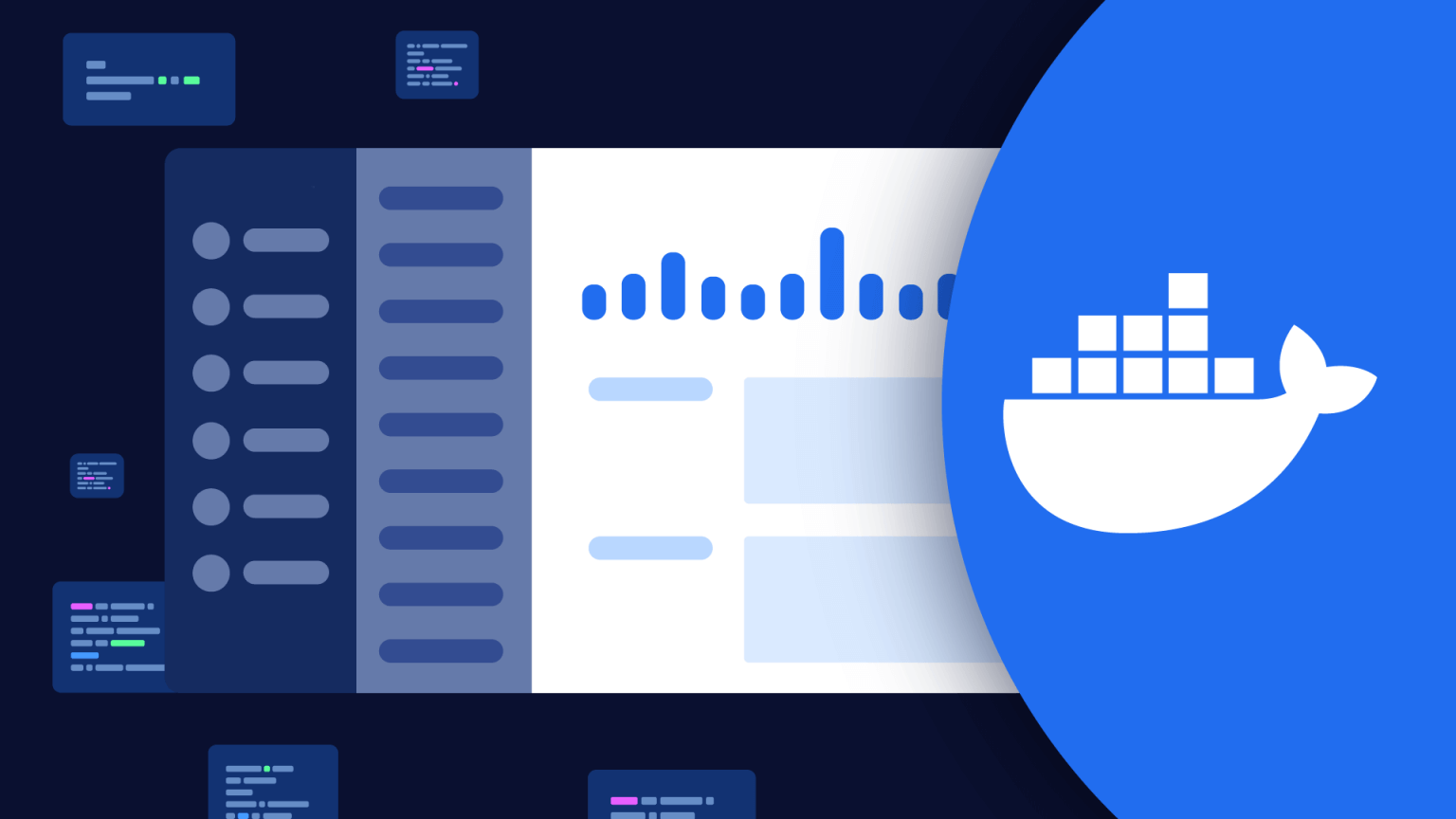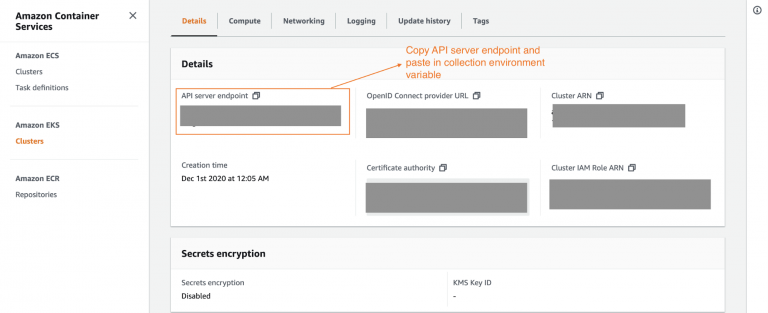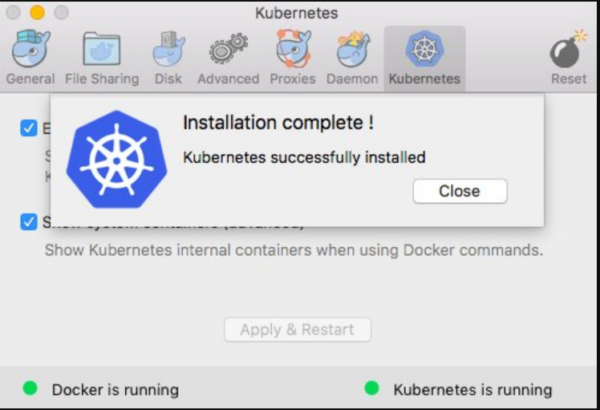

- #Docker for mac kubernetes you must be logged in to the server how to#
- #Docker for mac kubernetes you must be logged in to the server install#
- #Docker for mac kubernetes you must be logged in to the server windows#

Of course, these commands will execute using the PHP version that is configured for your application. PHP commands may be executed using the php command. # Running Artisan commands within Laravel Sail. If you are using Sail for your local Laravel development environment, you should execute those commands using Sail: # Running Artisan commands locally. Those examples assume that these tools are installed on your local computer. When reading the Laravel documentation, you will often see references to Composer, Artisan, and Node / NPM commands that do not reference Sail. However, Sail provides a convenient way to run various commands against your application such as arbitrary PHP commands, Artisan commands, Composer commands, and Node / NPM commands. When using Laravel Sail, your application is executing within a Docker container and is isolated from your local computer. Or, if the containers are running in the background, you may use the stop command: sail stop Once the application's containers have been started, you may access the project in your web browser at: To stop all of the containers, you may simply press Control + C to stop the container's execution. To start all of the Docker containers in the background, you may start Sail in "detached" mode: sail up -d To start all of the Docker containers defined in your application's docker-compose.yml file, you should execute the up command: sail up The laravel.test container is the primary application container that will be serving your application.īefore starting Sail, you should ensure that no other web servers or databases are running on your local computer. Each of these containers is an entry within the services configuration of your docker-compose.yml file. Laravel Sail's docker-compose.yml file defines a variety of Docker containers that work together to help you build Laravel applications. The remainder of this documentation's examples will assume that you have configured this alias: sail up Once the Bash alias has been configured, you may execute Sail commands by simply typing sail. However, instead of repeatedly typing vendor/bin/sail to execute Sail commands, you may wish to configure a Bash alias that allows you to execute Sail's commands more easily: alias sail=' & bash sail || bash vendor/bin/sail' devcontainer/devcontainer.json file to the root of your application: php artisan sail:install -devcontainerīy default, Sail commands are invoked using the vendor/bin/sail script that is included with all new Laravel applications. The -devcontainer option will instruct the sail:install command to publish a default. If you would like to develop within a Devcontainer, you may provide the -devcontainer option to the sail:install command.
#Docker for mac kubernetes you must be logged in to the server how to#
To continue learning how to use Sail, please continue reading the remainder of this documentation.

This command will publish Sail's docker-compose.yml file to the root of your application: php artisan sail:installįinally, you may start Sail.
#Docker for mac kubernetes you must be logged in to the server install#
Of course, these steps assume that your existing local development environment allows you to install Composer dependencies: composer require laravel/sail -devĪfter Sail has been installed, you may run the sail:install Artisan command. If you are interested in using Sail with an existing Laravel application, you may simply install Sail using the Composer package manager. Installing Sail Into Existing Applications During installation, you will be asked to choose which Sail supported services your application will be interacting with. To learn how to create a new Laravel application, please consult Laravel's installation documentation for your operating system. Laravel Sail is automatically installed with all new Laravel applications so you may start using it immediately.
#Docker for mac kubernetes you must be logged in to the server windows#
Laravel Sail is supported on macOS, Linux, and Windows (via WSL2). The sail script provides a CLI with convenient methods for interacting with the Docker containers defined by the docker-compose.yml file. Sail provides a great starting point for building a Laravel application using PHP, MySQL, and Redis without requiring prior Docker experience.Īt its heart, Sail is the docker-compose.yml file and the sail script that is stored at the root of your project. Laravel Sail is a light-weight command-line interface for interacting with Laravel's default Docker development environment. Installing Sail Into Existing Applications.


 0 kommentar(er)
0 kommentar(er)
